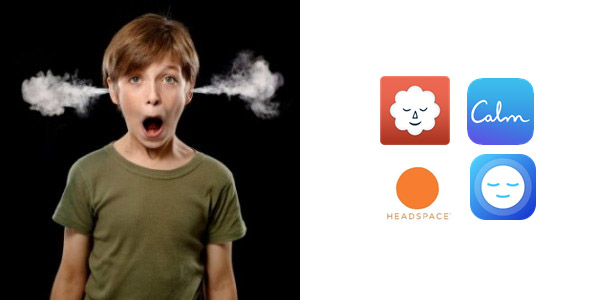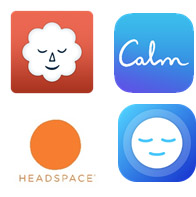Are you feeling like we’re running out of synonyms to describe what we’ve been experiencing over the past year? Experiences, feelings and words such as: challenging, difficult, unprecedented, tragic, scared, depression, uncertainties, death and loneliness can overwhelm even the strongest and healthiest of us.
It is important for all of us to acknowledge and address our concerns, fears, and stressors, as we strive to maintain and fortify our physical and mental health. While adults are dealing with many pandemic related sources of stress and anxiety, we need to be cognizant of the stress and anxiety our youth are also experiencing during these critical developmental stages in their lives.
Lives have been dramatically altered as students deal with school closures, drastic changes in their schedules and routines; social distancing that has kept them physically apart from their friends, peers and loved ones; remote learning and “zoom fatigue” setting in; fears of them becoming sick and/or others in their lives becoming sick or dying; sadness over missing significant life events; the loss of feelings of security and safety; and the infinite other impacts that are affecting our youth due to the ongoing pandemic
Stress can have a profound effect on:
- mental, emotional and physical health
- relationships
- learning, decision and concentration abilities
- sleep and appetite
- alcohol, tobacco and drug use
It is essential that the trusted adults help support, listen and assist our youth during these trying and uncertain times, as well as practice self-care for themselves. Modeling healthy behaviors is key to teaching those we love and care about to establish their own healthy habits and routines. Mindfulness activities such as yoga and meditation, and other physical activities can help relax, e
nergize, refocus and even produce endorphins (a natural stress reducing hormone), to help reduce and manage stress, depression and anxiety in our lives.
Free Phone Apps for Stress Management:
- Stop, Breath, & Think– allows for quick moments of breathing
- Calm– designed to help the user remain calm,
- Headspace– a comprehensive meditation app.
- MindShift— designed specifically to help teens and young adults manage stress and anxiety.
CDC Resources for Adolescent Stability and Support
The CDC offers these steps to help provide stability and support to adolescents:
- Maintain a normal routine
- Talk, listen and encourage expression
- Give honest and accurate information
- Teach simple steps to stay healthy
- Be alert for any changes in behavior
- Reassure adolescents about their safety and well-being
- Teach and reinforce preventative actions
- Help them stay socially connected in a safe manner
As we continue to deal with the long and short-term effects of the global pandemic, we all need to take time to support and keep the lines of communication open with each other. Being aware of what youth are perceiving and experiencing is important to their health and well-being. We will get through this together if we continue to work in positive ways, and strive to maintain connectivity, especially with those most in need.
If you, or others, are struggling with stress and/or mental health concerns, the resources below can provide additional help and support:
- 2nd Floor – https://www.2ndfloor.org a confidential and anonymous helpline for New Jersey’s youth and young adults
- Suicide Prevention Hotline can be accessed 24/7 at 1-800-273-8255 or text HOME to 741741 for Crisis Text Line
- Disaster Distress Helpline external icon: call or text 1-800-985-5990 (press 2 for Spanish).
- National Suicide Prevention Lifeline external icon: 1-800-273-TALK (8255) for English, 1-888-628-9454 for Spanish, or Lifeline Crisis Chat external icon
____________________________________________________________________________________
Resources:





